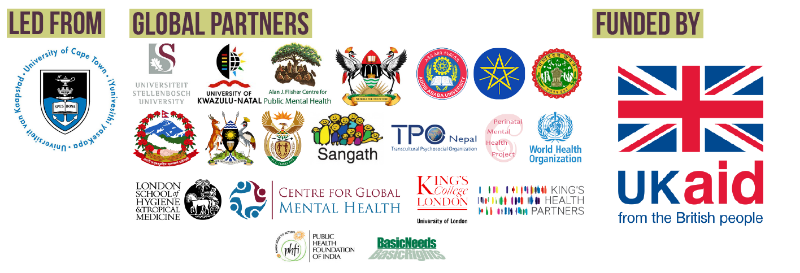PRIME draws to a close


Globally, there is a significant gap between the number of individuals in need of mental health care and those who actually receive treatment.
The Programme for Improving Mental Health (PRIME) was set up as a way to find solutions to this huge treatment gap through research into the implementation and scaling up of treatment programmes for mental illness in low-resource settings. The consortium consisted of research institutions and health ministries in five countries in Africa and Asia. Over the course of the programme, a team of 30 researchers and partners in Ethiopia, India, Nepal, South Africa and Uganda developed evidenced-based mental healthcare health plans (MHCP) for the district level. PRIME implemented these MHCPs at 37 facilities and then scaled up the plans at a further 94 facilities.
PRIME CEO, Prof Crick Lund, told a University of Cape Town research reporter that PRIME was collaborative from the very beginning:
“Even before the official launch, we got everyone around a table to discuss the aims of the project and the form it would take,” says Lund. “This included the health ministries in all five countries. Instead of being prescriptive, we asked them, ‘How can this be useful?’
“This set the tone for a very equitable partnership while ensuring the programme’s research goals were relevant. It also fostered trust between partners.”
“Overall, I think PRIME has made a strong case for how to think about mental health using a population-based approach, which of course is also at the heart of the work we do at the Centre for Public Mental Health at UCT.”
The short video below gives an overview of our main findings and also describes PRIME's recommendations for further research. Please watch and share!
Thank you to all our partners and to our funder, DFID, for the hard work and mutual support over the last eight years.
